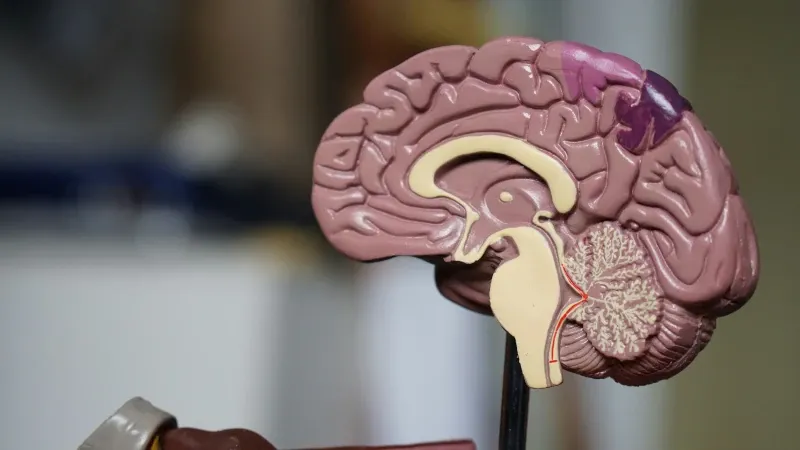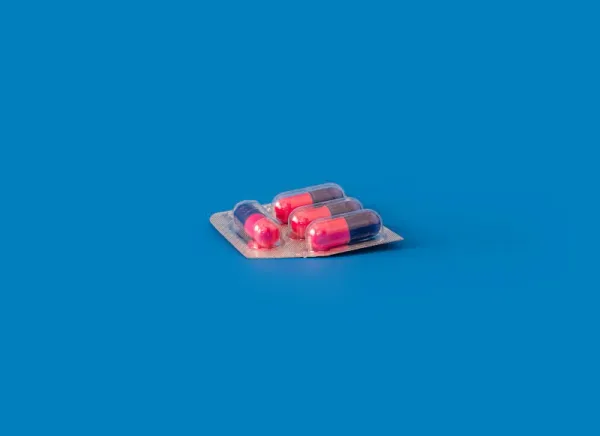Are GLP1s primarily brain drugs?
Are GLP1 Receptor Agonists (Ozempic, Wegovy, Mounjaro, etc) primarily brain drugs?

The Atlantic puts out great reporting, and their article "Ozempic is a brain drug" was an eye opening one to read. If you haven't read it, I'd suggest starting there:

They lay out the case for the misunderstanding of the GLP1 Agonist class of drugs (Ozempic, Wegovy, Mounjaro, Zepbound, etc).
Check out our quick explainer
What most thought was primarily a gut-influencing drug is clearly doing more for people in the brain than necessarily in the gut.
"Food Noise" versus "Delayed Gastic Emptying"
While early on most expected that the benefits of GLP1s primarily came from "Delayed Gastric Emptying" – i.e. the slower emptying of your dietary tract of food (leading to you feeling fuller longer), it's now clear that's not quite the whole story.
One of the most commonly cited benefits of GLP1 Receptor Agonists is the removal of "Food noise" that people deal with in every day life.

Popular culture has picked up on the term "food noise" after the widespread use of GLP1s:

What have been your experiences with “food noise” since starting ozempic?
by u/JennShrum23 in Ozempic
It's amazing that GLP1s have helped unearth something people didn't even describe before taking them.
This points to the outstsanding effects of GLP1 on the brain – "food noise" is clearly a mental concept and of course, a difficult one to deal with by other means.
Connection to reductions in addictive behavior?
Given that the brain is known to have GLP1 production centers and reception centers this might give more credence to the findings that GLP1s are reducing addictive behavior.
Some scientists have theorized on the possible causes of such behavior:

The primarily mechanism seems to be dopamine regulation in the brain, which again lends itself to examining GLP1s as a brain drug, rather than just a gut drug.

What does GLP1 do for the gut?
Well GLP1 RAs aren't only brain drugs, so let's remember what they do in the gut and digestive systems. The Glucagon like Peptide 1 paper does a great job of laying this out with a helpful diagram, though there they describe GIP (a similar hormone to GLP1):

You can read the paper for yourself here:










